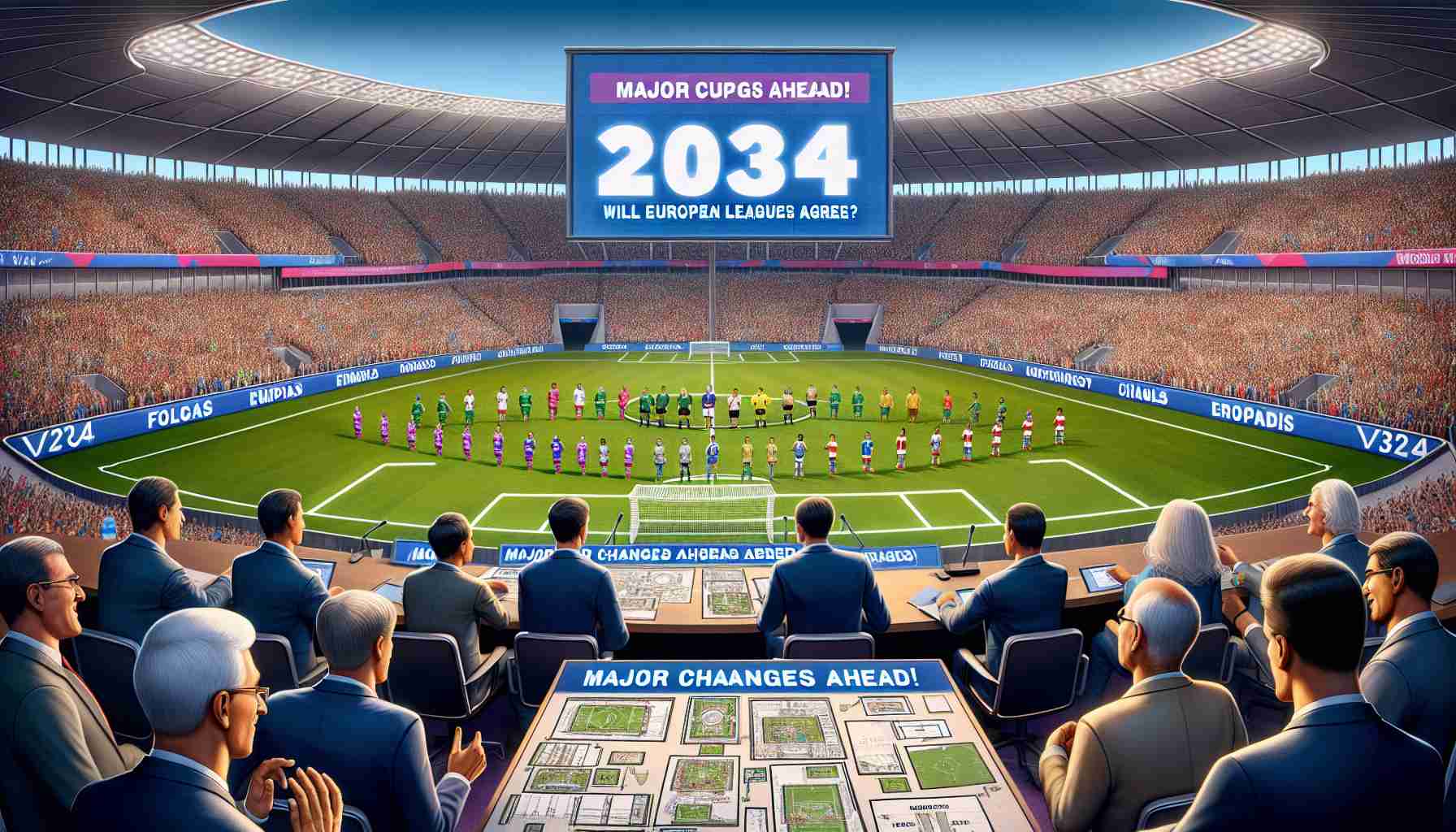
World Cup 2034: Major Changes Ahead! Will European Leagues Agree?
FIFA is gearing up for the highly anticipated 2034 World Cup, which will take place in Saudi Arabia. This announcement follows the nation’s uncontested bid for the tournament. However, tension is brewing between FIFA and Europe’s leading football leagues, including the Premier League and LaLiga, over the proposed winter timeline.
Due to severe summer heat in the region, the World Cup is likely to be scheduled between October and April, similar to the recently held Qatar 2022, which took place in the colder months of November and December. FIFA’s intention requires a “concrete agreement” with both leagues and players, a stipulation that has yet to be addressed.
FIFPRO Europe, the players’ union, alongside representatives from various European leagues, has formally objected to FIFA’s management of the International Match Calendar, raising alarms about player exhaustion and disruptions to club schedules. The legal complaint emphasizes that FIFA must secure collaboration with the leagues and players to alter the traditional June-July timeframe for the World Cup.
With an expected 48 teams competing in 2034 and 104 matches to be played, the tournament could impose significant interruptions on domestic seasons, potentially needing players to be released for around 49 days. FIFA has assured that stakeholder discussions will take place to finalize arrangements before 2034, highlighting the importance of collaboration with European leagues and players moving forward.
FIFA’s 2034 World Cup in Saudi Arabia: Challenges and Implications for Football
### Overview of the 2034 World Cup
The 2034 FIFA World Cup is set to be hosted in Saudi Arabia, following the nation’s successful and uncontested bid. This marks a significant moment in Saudi Arabia’s growing influence in global sports, particularly in football. This World Cup is notable not just for its location but also for the potential changes in scheduling due to the region’s extreme summer heat.
### Proposed Timeline and League Tensions
FIFA plans to schedule the tournament from October to April, a departure from the traditional June-July timeline. This decision has been influenced by the climate considerations observed in the preceding Qatar World Cup, which was held in November and December. However, this shift has sparked escalating tensions with Europe’s top leagues, including the English Premier League and La Liga.
#### Concerns from Leagues and Players
FIFA’s efforts to adjust the International Match Calendar have met with resistance from FIFPRO Europe, the global players’ union. They argue that changing the World Cup’s timing could lead to player fatigue and significant disruptions within club football schedules. These tensions need to be addressed, particularly as the tournament is expected to see 48 teams and a total of 104 matches, resulting in an extended release of players for approximately 49 days.
### Stakeholder Collaboration and Future Predictions
FIFA has stated that discussions with stakeholders, including leagues and players, are essential for finalizing the tournament’s arrangements. This collaboration is critical in ensuring a smoother transition and minimizing negative impacts on domestic competitions. The ongoing negotiations will shape not only the structure of the World Cup but also the future of the football calendar, as leagues seek to protect their interests while accommodating international tournaments.
### Potential Impact on Domestic Competitions
The tournament could lead to major implications for domestic leagues, including possible adjustments to their schedules to accommodate the World Cup period. This may result in a reevaluation of player workloads, match frequency, and overall team performance during this period.
### Conclusion: A New Era for World Cups and Club Football
As FIFA ramps up preparations for the 2034 World Cup, the focus remains on fostering cooperation between international governing bodies, players, and domestic leagues. The resolution of these issues will be pivotal in determining not only the success of the tournament but also the format of future international competitions in an increasingly globalized football landscape.
For more updates on FIFA and its initiatives, please visit FIFA’s official website.